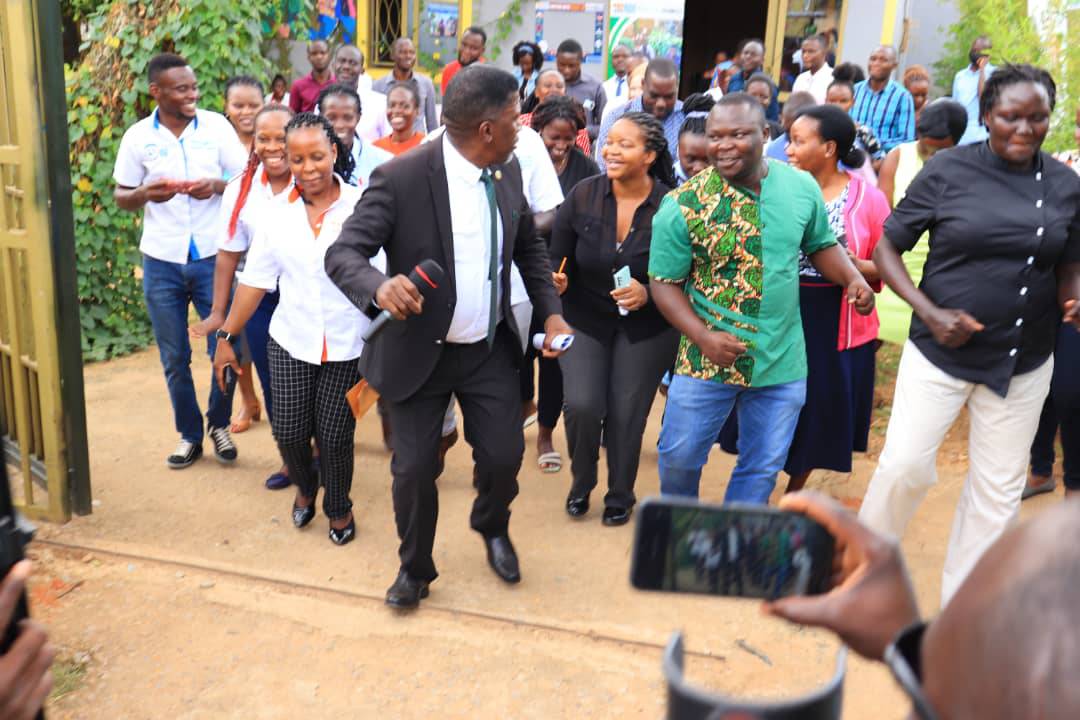Civil Society Organizations (CSOs) in Uganda have voiced concerns regarding the implementation of laws intended to regulate civil society groups in the fight against terrorism financing. They highlighted cases where members have been unjustly accused of terrorism and money laundering, painting organizations as potential safe havens for extremist groups such as ISIS or ADF.
These issues were brought to light during the Africa Region Conference on Combating Financing of Terrorism, held in Kampala. The two-day conference is organized by Civic Hub Uganda in collaboration with Interpol Africa Region, the East African Police Chiefs Organisation, and the African Union, featuring high-level representation from these bodies and the Ugandan government.
Yona Wanjala, executive director of Civil Advisory HUB, emphasized the need for law enforcement and government bodies to adopt more effective and fair measures to tackle terrorism financing. “Engaging in dialogue with civil society is a crucial soft power approach often overlooked,” he stated. Wanjala stressed the importance of comprehensive outreach to educate civil society groups about existing regulations and policies. He warned that neglecting these issues could lead to a democratic deficit, weakening the rule of law and undermining the positive contributions of civil society.
Wanjala specifically criticized the Anti-Money Laundering Act, which imposes reporting obligations on NGOs for suspicious transactions potentially linked to terrorism financing. He argued that this requirement, contrary to international standards, places undue strain on NGOs despite low identified risks. Similarly, he pointed out that the Public Order Management Act restricts public assembly rights under the guise of countering terrorism. Wanjala also cautioned against the misuse of the Communication and Interception Act, which, while aimed at combating terrorism, can infringe on privacy rights and be exploited for ulterior motives.
David Wasswa, Director of the Counter Terrorism Directorate at the Uganda Police Force, acknowledged the complexity of understanding and defining terrorism. “We have lived it, we’ve seen it, but much as it has been there for all those years, we have never understood it,” Wasswa said. He stressed the need for a holistic approach involving all sectors of society, including parents, teachers, religious leaders, and particularly CSOs. Wasswa highlighted the critical role of CSOs in providing oversight and engaging the population in understanding the dangers and root causes of terrorism. He underscored the importance of collaboration between law enforcement and CSOs to ensure transparency and prevent the misuse of humanitarian funds. “For me, I’m seeing a very positive engagement here. I’m seeing this as one of the most important strengths that we can use together to fight and combat terrorism and defeat it,” he stated.
Victoria Ibezim Ohaeri from Spaces for Change discussed the global and personal impact of terrorism, emphasizing the need for countries to adapt their laws to better address the evolving threat. She pointed out that terrorism is no longer just a global phenomenon but also a personal and national issue affecting regions and individuals alike. Ohaeri explained how terrorist groups exploit governance deficits, economic hardships, and political instability to fuel recruitment and radicalization, particularly targeting vulnerable young people.
While acknowledging that some counter-terrorism measures are necessary, Ohaeri raised concerns about their impact on civil society organizations and charitable activities. She noted that existing laws, enacted hastily in response to security threats, may not fully reflect the current understanding of terrorism. Ohaeri called for countries, including Uganda, to amend their laws to align with modern realities based on new evidence and a deeper understanding of the drivers of terrorism.
The conference underscored the need for a balanced approach in combating terrorism financing, emphasizing dialogue, education, and collaboration between government bodies and civil society to effectively address this pressing issue.





